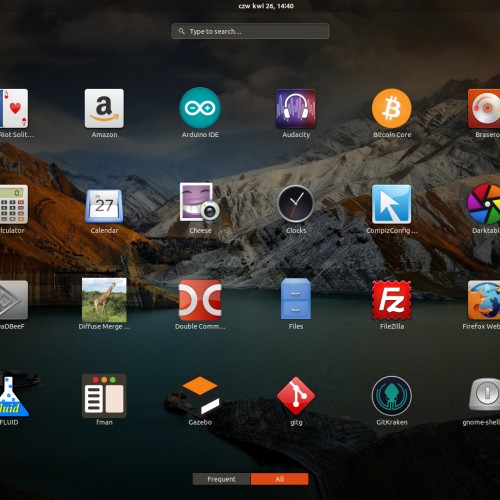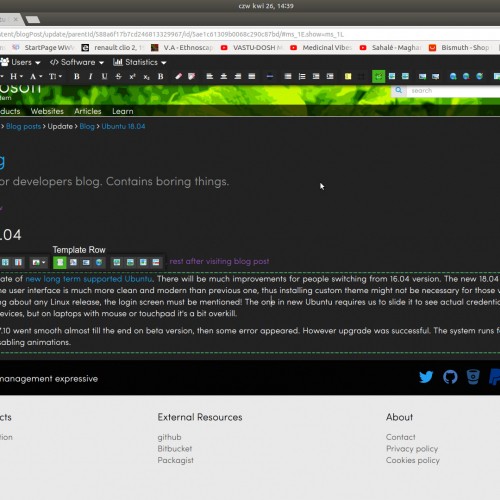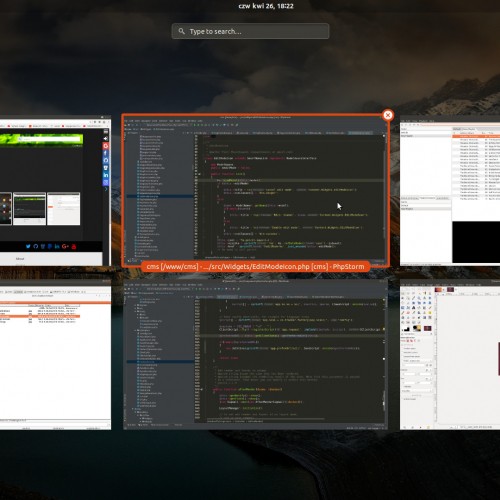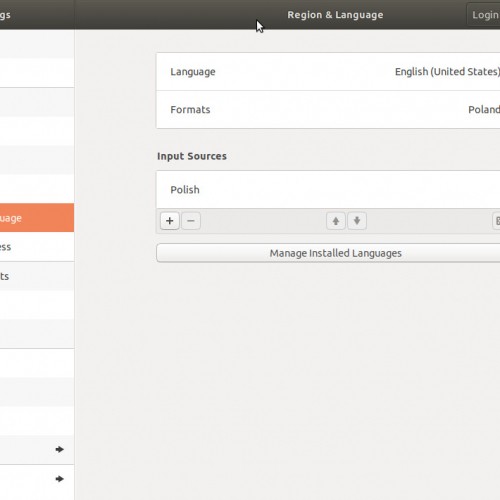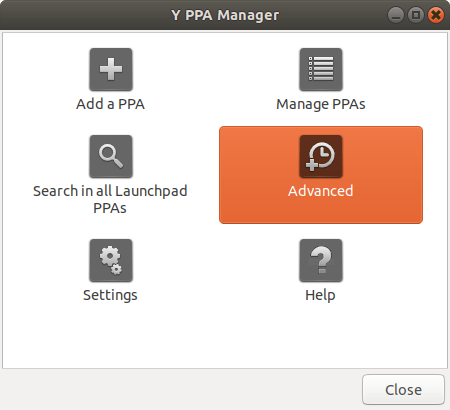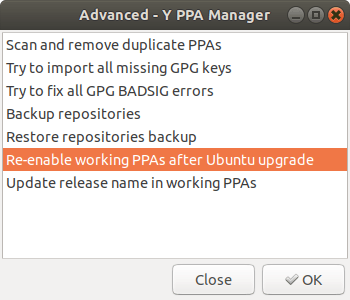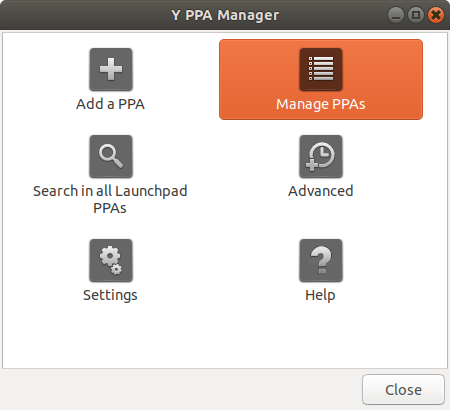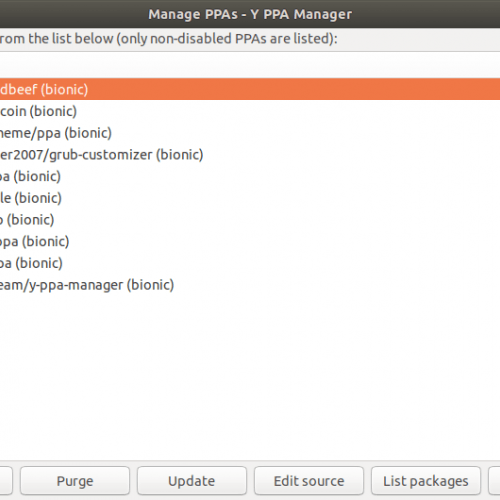Dev Blog
Today is release date of new long term supported
Ubuntu. There will be much improvements for people switching
from 16.04 version. The new 18.04 is quite similar to shortly
supported 17.10. The user interface is much more clean and modern
than previous one, thus installing custom theme might not be
necessary for those visual purists like me:). Of course when
talking about any Linux release, the login screen must be
mentioned! The one in new Ubuntu requires us to slide it to see
actual credentials inputs. Might be good for some mobile devices,
but on laptops with mouse or touchpad it's a bit overkill.
Upgrading from 17.10 went smooth almost till the end on beta
version, then some error appeared. However upgrade was
successful. The system runs fast even on older laptop, especially
after disabling
animations. There servers will need to be upgraded to new
release too, but that's the whole different story.
To upgrade to stable version use this console command:
sudo do-release-upgrade
And follow instructions. Lot of packages will be downloaded, upgraded and some will be removed. It is recommended to review those. Also all custom apt sources lists will be disabled. Use Y PPA Manager for easier migrations of sources lists.
To install Y PPA Manager add it's repository first, than update and install:
sudo add-apt-repository ppa:webupd8team/y-ppa-manager
sudo apt update
sudo apt install y-ppa-manager
Then choose Advanced and use Re-enable working PPAs after Ubuntu upgrade. This will enable whatever works now. You can try to run it later again when other sources lists get's updated.
New repositories might appear if those repositories were updated by maintaners.
You can run:
sudo apt update
sudo apt upgrade
In case of dependency issues You can try sudo apt
full-upgrade which might also remove some conflicting
packages. For example full upgrade works on ROS packages, while normal upgrade
doesn't.
To upgrade packages from custom repositories or install with
sudo apt install <package-name> if package
was removed during distribution upgrade.
To upgrade to not yet officially released version
add -d:
sudo do-release-upgrade -d
Bear in mind however that beta alpha or any other development versions might be unstable and will have lot's of updates, practically daily.

